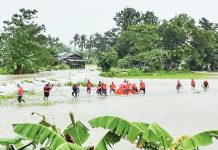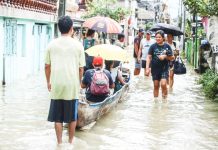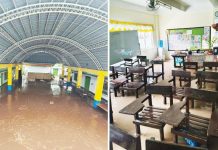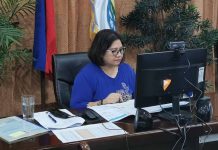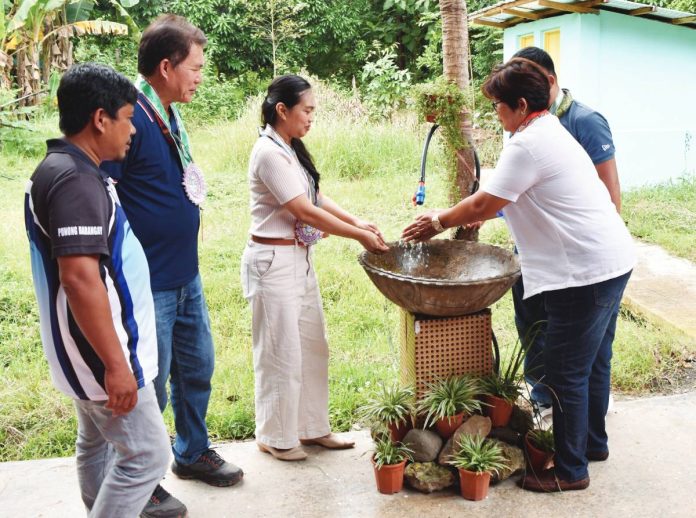
MIAG-AO, Iloilo — Nearly 200 households in the upland barangays of Miag-ao now have access to clean and reliable water, following the inauguration of two newly completed water system projects funded by the Iloilo provincial government, totalling over P2.7 million.
The projects, formally launched recently, include a P1,008,008.85 facility in Barangay Cawayanan benefitting 86 households, and a P1,731,685.15 system in Barangay San Fernando serving 111 households. These developments are part of the broader push to improve public health, enhance living conditions, and promote resilience in water-scarce upland areas.
“Among all things, water is the most important for human life,” said Barangay Cawayanan’s Punong Barangay Elmer Nonaillada, urging residents to value the initiative and support future development programs.
Miag-ao’s Vice Mayor Salve Napud-Pechayco, who represented Gov. Arthur Defensor Jr., emphasized that access to safe water is a fundamental pillar of community development. “Water is not merely a resource but a fundamental building block for thriving communities,” she said.
The ceremony also saw the induction of officers of the Barangay San Fernando Water System Association, whose members will oversee the project’s maintenance and sustainability. Their oath was administered by Sangguniang Bayan Member Richard Esposo, also representing the governor.
Association president Honorata Moleta shared the community’s past struggles with water shortages, especially during the dry season. She expressed gratitude to provincial and municipal officials, the Provincial Engineering Office, barangay leaders, local donors, and landowners for making the long-awaited water system a reality.
The event was attended by Sangguniang Bayan Member Jessica Torrecampo, school officials from San Fernando Elementary School, and barangay leaders from neighboring Cubay and Igdalaquit, demonstrating broad community support and inter-agency cooperation.
Water security as part of the Iloilo provincial government’s development agenda, particularly in geographically isolated and disadvantaged areas./PN


